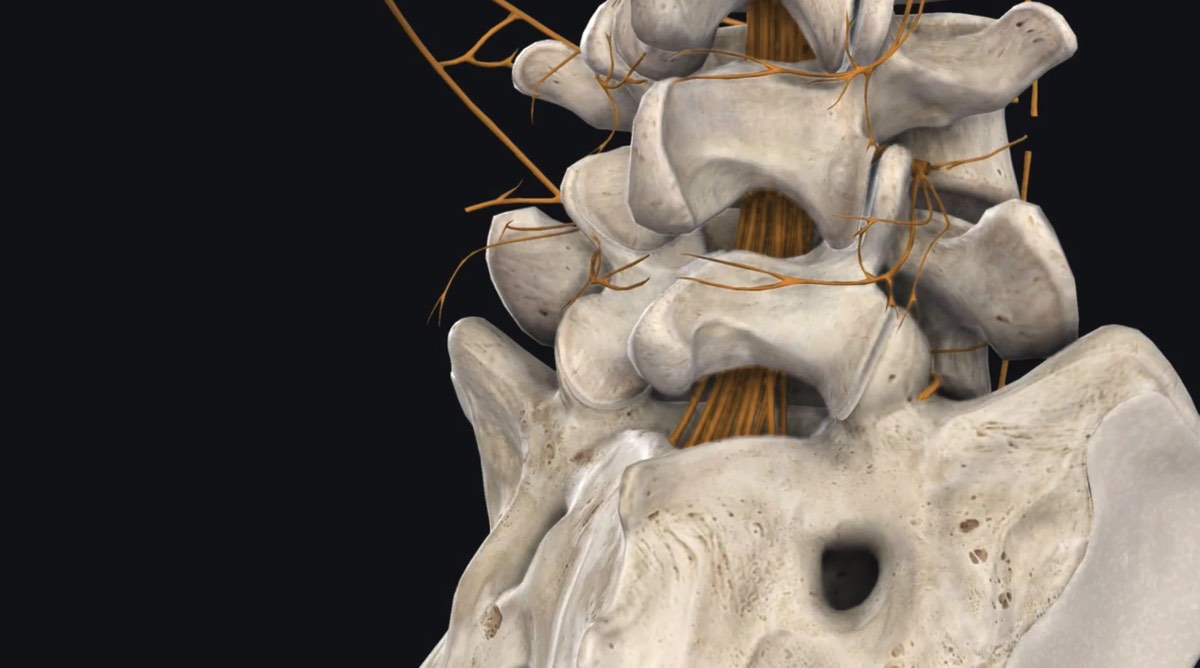The Anesthesiology Channel
NEW YORK (Reuters Health) – Bone loss in postmenopausal women taking adjuvant letrozole for early breast cancer can be prevented with administration of zoledronic acid, investigators report in Cancer online October 10.
Nonetheless, they advise, “The results from other ongoing clinical trials (eg, Southwest Oncology Group S0307) evaluating disease-free survival in breast cancer patients receiving zoledronic acid are needed before zoledronic acid can be recommended for use in this setting.”
The current study reports the final 5-year results from the Z-FAST trial in which 602 postmenopausal women with hormone receptor-positive breast cancer receiving adjuvant letrozole were randomized to receive zoledronic acid 4 mg intravenously every 6 months for 5 years, either immediately upon randomization or delayed until certain bone-related parameters were met.
Dr. Adam M. Brufsky, at Magee-Womens Hospital in Pittsburgh, Pennsylvania and colleagues found that bone mineral density (BMD) increased progressively in the upfront group but decreased steadily in the delayed group. Over the course of the study, the between-group difference in percentage change of BMD rose from 4.3% to 8.9% at the lumbar spine, and from 3.2% to 6.7% at the hip.
Women in the delayed group who did initiate zoledronic acid therapy also saw an increase, albeit smaller, in BMD, the report indicates.
Fracture rates, however, were not significantly different at 9.3% in the upfront group and 11.0% in the delayed group. The investigators attribute this to a high number of traumatic fractures in both groups, plus the fact that highest-risk patients in the delayed arm did receive zoledronic acid.
As for safety, there were two suspected but not confirmed cases of osteonecrosis of the jaw, and drug-related renal impairment occurred in 1% of patients. Use of letrozole and zoledronic acid together for 5 years was generally well tolerated, Dr. Brufsky and colleagues report.
Summing up, they conclude, “Upfront adjuvant zoledronic acid significantly increases BMD in postmenopausal early breast cancer patients receiving an AI (aromatase inhibitor) for 5 years, whereas patients randomized to receive delayed zoledronic acid overall progressively lost BMD during the 5 years. Patients in the delayed zoledronic acid group who were treated with zoledronic acid after bone loss had occurred did benefit by subsequent increases in BMD.”
Reference:
Adjuvant Zoledronic Acid Maintains Bone Mass in Postmenopausal Breast Cancer Patients
Cancer 2011.









